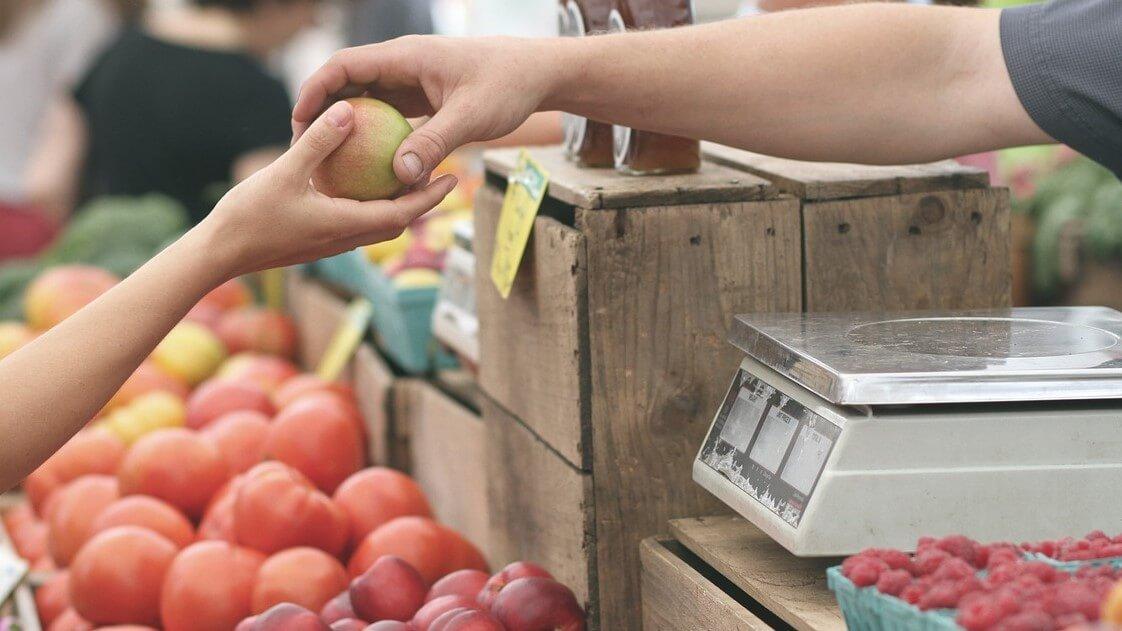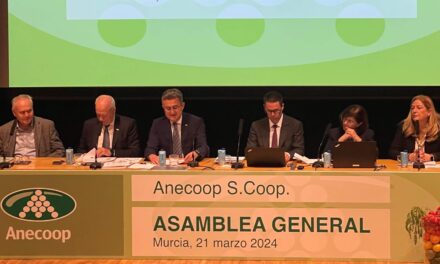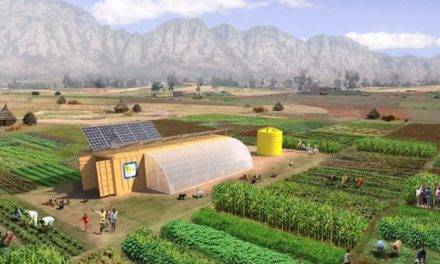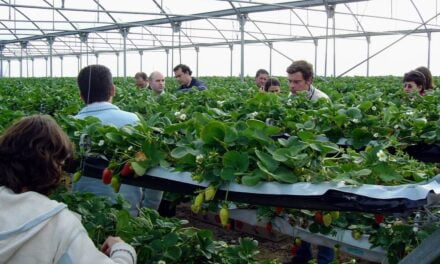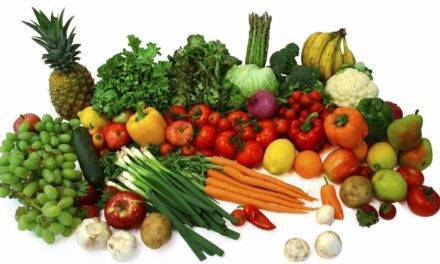As COP26 is underway in Glasgow, Freshfel Europe urges EU and global decision-makers not to underestimate the role fruit and vegetables can play in achieving a healthy planet and people
COP26 discussions on climate issues to accelerate action towards the goals of the Paris Agreement and the UN Framework Convention on Climate Change should not ignore that fruit and vegetables have one of the lowest environmental impact production out of any food group
At the same time fruit and vegetables are part of consumption recommendations for a healthy diet with a recommended minimum of 400g per day by WHO. With the health of the planet and of the global population at the forefront of global leaders’ minds during the COP26 negotiations, sustainable diets with fruit and vegetables as a priority should be capitalized upon to help reach the world’s climate goals
INFOMERCIAL
COP26 negotiations taking place until the 12 November 2021 are an unique opportunity for European and global leaders to pave the way for a more sustainable and circular food system. During the upcoming two weeks of discussions, Freshfel Europe is urging decision-makers not to underestimate the role fruit and vegetables can play in achieving a healthy planet and people in light of increasing climate change.
Freshfel Europe General Delegate Philippe Binard stated that, “Fruit and vegetables have one of the lowest environmental impact production among the food groups. Simultaneously, fresh produce also have one of the highest consumption recommendations by the WHO of at least 425 g per day per capita. Stimulating consumption through raising awareness of the sector’s environmental and climate benefits has a substantial transformative power in the move towards healthy and sustainable diets for a more sustainable food system”. Philippe Binard affirmed that, “2021 was the International Year of Fruit and Vegetables under the lead of the United Nations and FAO.
Under this background, the important role of fruits and vegetables as part of the solution for a healthy planet and people must not be underestimated in political discussions to reach climate goals such as COP26”.
The fruit and vegetable sector positively contributes towards the world’s sustainability ambitions to help achieve climate goals. In Europe, under the Green Deal initiative, the fruit and vegetables sector is pioneer in developing new strategy to further boost the sustainability journey of the sector which started more than 20 years ago. Philippe Binard added: ”The fruit and vegetables sector implements for years very strict good agricultural practices and using limited production inputs.
The sector is committed to protect natural resources, minimize water and energy usage, prevent greenhouse gas emissions, maximise carbon sequestration and enhance biodiversity. Along the supply chain food loss and waste prevention initiatives, among others, are widespread to ensure both food security and sector sustainability”.
Sector sustainability, including environmental, social and economic sustainability aspects of the fruit and vegetable supply chain, is at the top of Freshfel Europe’s agenda. The Association, comprising of members from right across the European supply chain from producers, traders, wholesalers, importers and exporters, to logistics and service providers down to retailers, has been discussing a range of pertinent sustainability topics for the sector in the lead up to COP26.
Freshfel Europe Director for Sustainability Nicola Pisano asserted that, “Freshfel Europe is looking at sustainability from all angles across the value chain, including specific areas such as sustainable production techniques and circular packaging solutions in addition to sector-wide responsibilities and initiatives, for example food security assurance and overall product environmental footprint”.
This collaborative work is being carried out with a view to enhancing the sector’s own sustainability efforts and ensuring current initiatives are included as part of Europe’s and the globe’s transition to a more sustainable and circular food system. Nicola Pisano added: “More than ever before, it is particularly relevant for the fresh produce sector to be accountable of its environmental efforts. The fruit and vegetables sector is taking all the necessary steps to demonstrate its positive record by developing clear and all-encompassing methodology for measurement of its environmental footprint and continue to improve it over time”.
Freshfel Europe is working closely with the European Commission to achieve Europe’s sustainability ambitions as part of the European Green Deal and its strategies. In particular, the Farm to Fork Strategy and the EU beating cancer plan are encouraging a move towards more plant-based diets to help limit the food sector’s impact on climate change.
While operating in a global environment to secure a diversity of yearround supply for an health diet, the fruit and vegetables supply remains primarily a local and seasonal business at the core of the assortment offered to European consumers. Undoubtedly, stimulating fruit and vegetable production to sustain a long-term increase in fresh produce consumption levels in Europe is part of a much needed societal transformation that will have a positive contribution to the planet in addition to the health of people.
More information
Freshfel Europe & Copa-Cogeca a new vision for the promotion of the EU of fruits and vegetables

